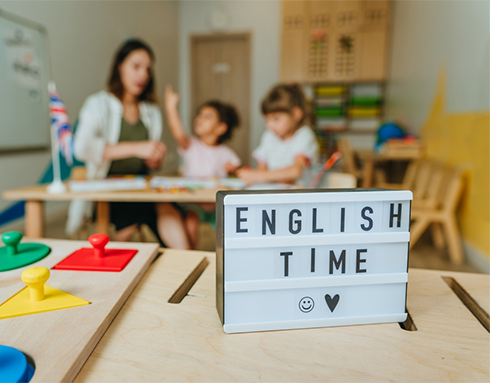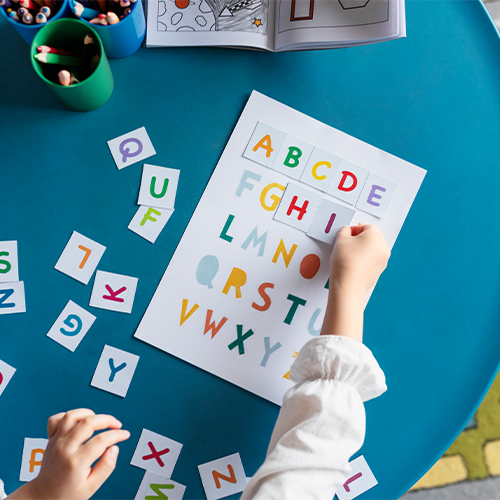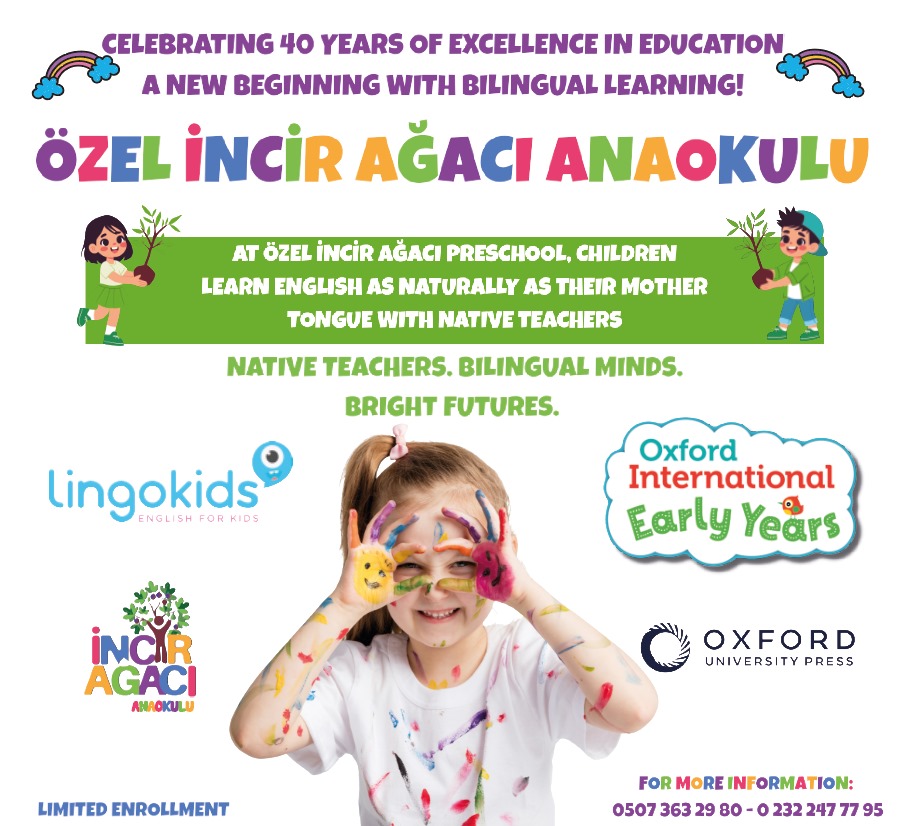Click for more information!
Grow with Languages, Discover the World!
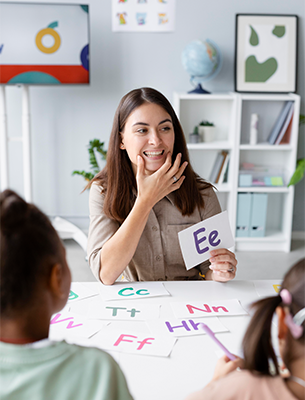
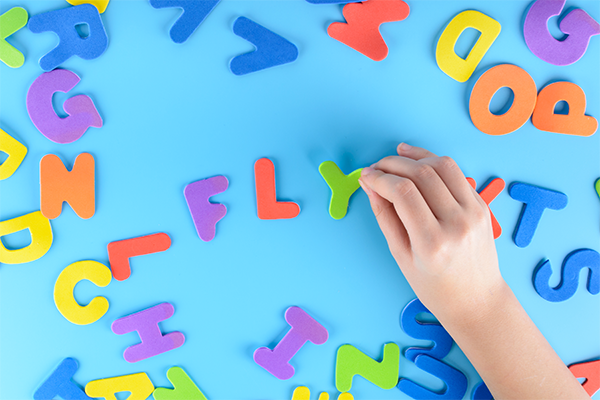
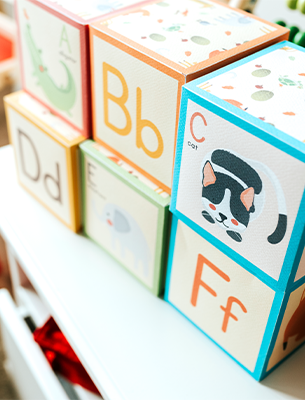
Unlimited Exploration with Languages!
Unlimited Exploration with Languages!
The Benefits of Learning a Foreign Language in Early Childhood
- Helps children discover new ways to express themselves
- It develops openness and curiosity by introducing them to different cultures.
- Encourages acceptance of differences and promotes tolerance
- It enables children to confidently socialize with people from all nations and languages.
- Develops a global perspective and broader world awareness
- It improves cognitive skills such as problem solving, memory, and multitasking.
- Supports better communication skills and adaptability
- It builds confidence in facing new challenges and learning experiences.
How Do Preschool Children Learn a Foreign Language by Listening and Talking All Day Without Knowing How to Read and Write?
Young children have the ability to learn languages naturally, just as they learn their native languages. Before starting school, even if they cannot read or write, they internalize the language they hear throughout the day in fun and meaningful ways.
For example, when teachers sing songs in a foreign language, children begin to recognize and repeat words without even realizing it. During story time, they listen to simple stories and learn new words through pictures and context. While playing or during daily routines (such as snack time or cleanup), they hear and use phrases like “Please,” “Thank you,” or “Let’s clean up,” thus practicing the language naturally through conversation.
At this age, children’s brains are like sponges—they imitate sounds, try out new words, and communicate with their teachers or friends without pressure. This helps them gain confidence and begin to think in the new language.
This method, which is entirely conversation-based and involves intensive language exposure, builds a strong foundation in listening and speaking skills. Learning to read and write later on becomes easier thanks to this foundation. In other words, even without knowing how to read or write, children begin to speak and understand a foreign language simply by being immersed in it and actively using it in everyday life.
The Benefits of Story Time in Native and Foreign Languages for Children
- Supports language development and vocabulary
- Develops listening and comprehension skills
- Nurtures imagination and creativity
- It fosters cultural awareness and appreciation.
- Improves attention span and concentration
- Promotes empathy and emotional understanding
- Develops early literacy skills and a love of books
- It boosts confidence in both native and foreign language use.
- Storytelling gives children a sense of routine and security.
- Inspire curiosity about different cultures and languages
ENGLISH
FRENCH

Language Development

Cognitive Development

Cultural Richness

The Benefits of Learning Languages at an Early Age
